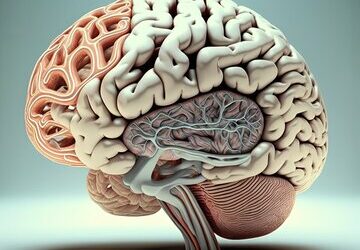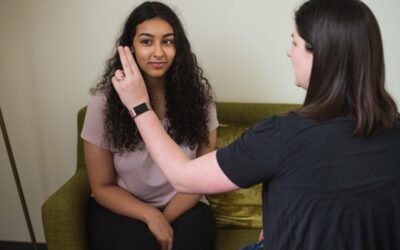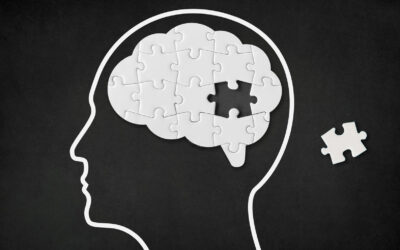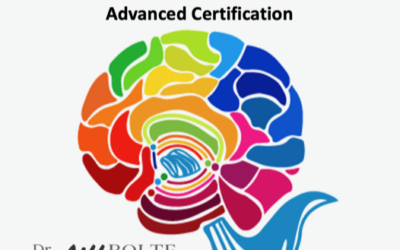Podcast: Play in new window | Download (Duration: 1:01:58 — 141.8MB)
Subscribe: Apple Podcasts | Spotify | Amazon Music
We can understand our social pain by considering the nervous system, just think of it as a collective amygdala hijack! Threat is pressing us to live in an alarm state and then we get used to it, as if it’s normal to be so divided, hopeless and disdainful to those who are holding different positions in the world. We need to cultivate secure (mature) relating to move ourselves back into a social, relational place that makes us more generous, compassionate and able to work with complexity to stay engaged to solve some of these pressing world and community issues. Keep hope alive! Iwww.therapistuncensored.com/join






















